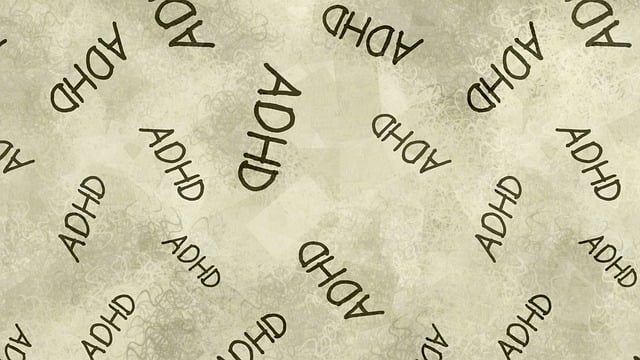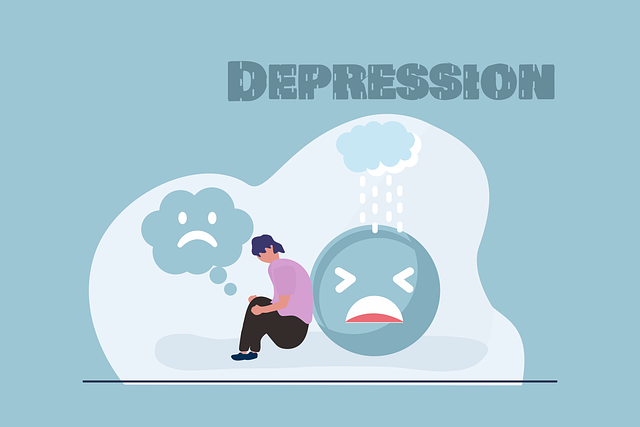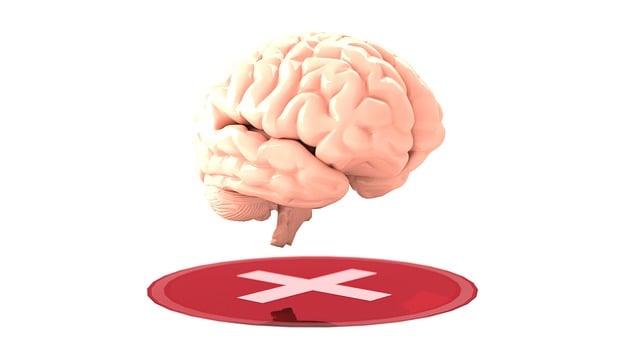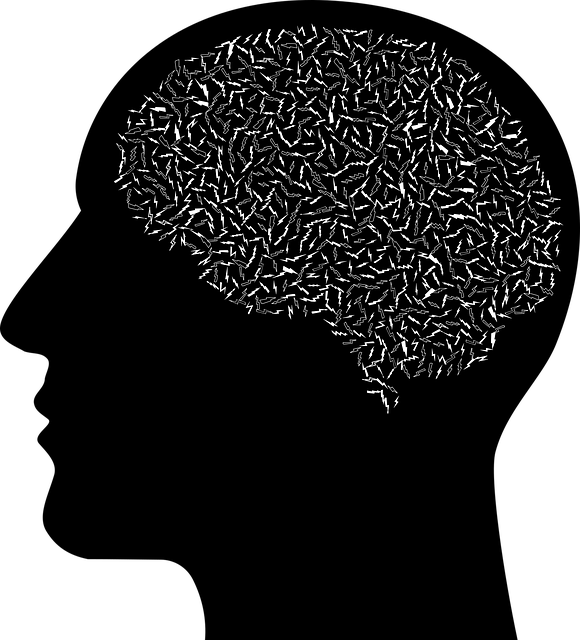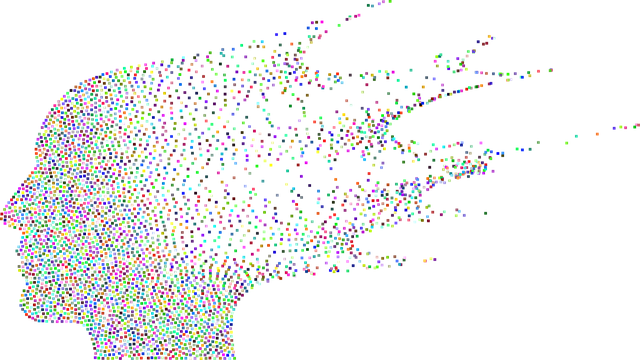Northglenn Codependency Therapy offers personalized self-assessment tools for holistic mental wellness management, targeting codependency issues rooted in trauma or insecurity. These tools include Self-Awareness Exercises and Emotional Regulation techniques, fostering self-awareness and empathy to improve boundaries, self-esteem, and thinking. Integrating community outreach, support groups, and education sessions, the program prevents depression associated with codependent relationships. By incorporating strategies like Mind Over Matter and Stress Reduction Methods, these tools empower users through actionable insights for improved emotional intelligence and overall well-being. Continuous improvement based on user feedback ensures their effectiveness over time.
Mental wellness self-assessment tools play a pivotal role in fostering individual growth and understanding. This article delves into the development of such tools, focusing on strategies inspired by Northglenn Codependency Therapy. We’ll explore key aspects like identifying codependency, its impact on mental health, and developing effective assessment techniques. Additionally, we’ll discuss integration of Northglenn Codependency Therapy techniques, implementation strategies, and continuous improvement for these valuable resources.
- Understanding Mental Wellness and Self-Assessment
- Identifying Codependency and its Impact
- Developing Effective Self-Assessment Tools
- Integrating Northglenn Codependency Therapy Techniques
- Implementation and Continuous Improvement Strategies
Understanding Mental Wellness and Self-Assessment

Mental wellness is a holistic concept encompassing emotional, psychological, and social well-being. It’s about recognizing and managing our thoughts, feelings, and behaviors to live a fulfilling life. Self-assessment tools play a pivotal role in this journey, enabling individuals to gain valuable insights into their mental health and identify areas for improvement. These tools offer a private and accessible means of evaluation, empowering people to take charge of their mental wellness.
At Northglenn Codependency Therapy, we understand that every individual’s experience with mental wellness is unique. That’s why we develop self-assessment tools tailored to address specific challenges, such as codependency and emotional regulation. Through these assessments, clients can explore their relationships, emotions, and coping mechanisms, fostering self-awareness and empathy-building strategies. Self-Awareness Exercises and Emotional Regulation techniques are integral parts of this process, helping individuals gain control over their mental wellness journey.
Identifying Codependency and its Impact

Codependency is a complex psychological pattern characterized by an excessive emotional reliance on others for validation and self-worth. It often develops in individuals who have experienced trauma, abuse, or insecurity early in life. Recognizing codependency is crucial for mental wellness as it can significantly impact an individual’s relationships and overall well-being. In Northglenn, Codependency Therapy has emerged as a valuable tool to address these issues.
This therapy focuses on helping clients develop healthier boundaries, improve self-esteem, and foster independent thinking. Through various empathy-building strategies, individuals learn to recognize their needs without relying heavily on others for fulfillment. By implementing community outreach program initiatives, support groups, and education sessions, Northglenn Codependency Therapy aims to prevent depression and other mental health issues that may arise from prolonged codependent relationships.
Developing Effective Self-Assessment Tools

Developing effective self-assessment tools is a critical step in mental wellness management. These tools play a pivotal role in identifying individuals’ emotional and psychological states, enabling early intervention and tailored support. Northglenn Codependency Therapy, for instance, has leveraged such assessments to aid clients in understanding their codependency issues and fostering healthier relationships. By incorporating cultural sensitivity in mental healthcare practice, these tools become inclusive and relevant to diverse populations, ensuring accurate evaluations across various cultural contexts.
The design of self-assessment tools should prioritize emotional intelligence as a core component. This involves creating questions that prompt introspective thinking about one’s feelings, triggers, and coping mechanisms. Effective tools also integrate stress management strategies, guiding users through techniques for recognizing and mitigating stressors. Ultimately, these assessments empower individuals to take charge of their mental wellness by providing actionable insights and promoting self-care practices.
Integrating Northglenn Codependency Therapy Techniques

Integrating Northglenn Codependency Therapy techniques into self-assessment tools for mental wellness can significantly enhance their effectiveness. This therapeutic approach focuses on identifying and addressing unhealthy relationships and patterns, which are often at the root of many mental health challenges. By incorporating these techniques, individuals can gain profound insights into their interpersonal dynamics, enabling them to foster healthier connections and improve overall well-being.
The process involves encouraging self-reflection through exercises like journaling, where users document their experiences and interactions. This practice, combined with guidance on improving social skills, allows for a deeper understanding of codependency. As users reflect on their relationships, they can begin to challenge unhealthy behaviors, break free from harmful patterns, and reduce the impact of mental illness stigma, ultimately promoting positive mental wellness journeys.
Implementation and Continuous Improvement Strategies

The development of self-assessment tools for mental wellness is an ongoing process that requires strategic implementation and continuous improvement. Northglenn Codependency Therapy, for instance, has pioneered methods like Mind Over Matter principles to help individuals gain insights into their emotional states and triggers. By integrating these principles into the assessment framework, therapists can offer more personalized treatment plans. Regular feedback from users plays a crucial role in refining these tools; incorporating Stress Reduction Methods and Mental Wellness Journaling Exercise Guidance allows for dynamic adjustments based on individual needs.
Through user testing and data analysis, therapists can identify areas where the self-assessment tools excel and where they fall short. This iterative process ensures that the tools remain relevant and effective over time. By fostering an environment of continuous improvement, mental wellness assessment tools can evolve to cater to a diverse range of individuals seeking support, ultimately enhancing their overall well-being.
The development of mental wellness self-assessment tools is a vital step towards empowering individuals to take charge of their cognitive health. By combining insights from Understanding Mental Wellness, Identifying Codependency and its Impact, and integrating evidence-based techniques like Northglenn Codependency Therapy, we can create effective assessment methods. Continuous improvement strategies are essential to ensure these tools remain relevant and beneficial. With dedicated implementation, these resources have the potential to revolutionise self-care practices, fostering a healthier and more balanced mindset for all.
